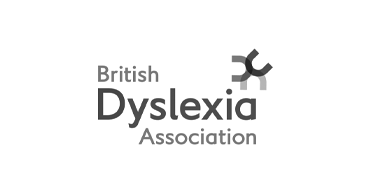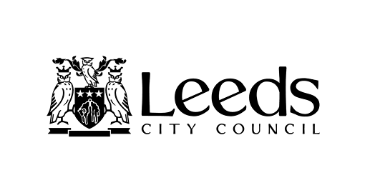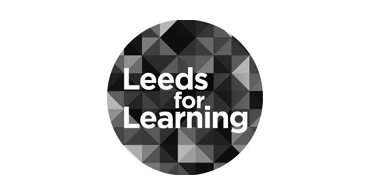Dyslexia
Dyslexia is the most common type of neurodivergence, found in approximately 10% of the population. Dyslexia is a natural variation in the brain that affects a person’s reading and writing skills. While the most obvious differences are seen in reading and writing skills, Dyslexia also impacts the way a child/young person processes verbal, visual and written information. These differences also influence the way a person learns, thinks and experiences the world. Dyslexia can also impact other parts of a child/young person’s life, such as organisation skills.
Dyslexia can commonly co-occur with other neurodivergent neuro-types, such as Autism, ADHD and Developmental Language Disorder (DLD). Find out more about these neuro-types in our What is neurodiversity? section.
While being Dyslexic in a neurotypical world can be challenging, being Dyslexic can also equip the child/young person with other significant strengths and talents, such as being creative, good at problem solving and excellent ‘big picture thinkers’.
This ‘See Dyslexia Differently’ video gives a helpful description of Dyslexia, made by the British Dyslexia Association.
If you think your child may be Dyslexic, speak to the Special Education Needs Co-Ordinator (SENCo) in your child’s school. Formal diagnosis of Dyslexia must be made by an Education Psychologist or Specialist Teacher with an accredited Level 7 Diploma. However, all schools are encouraged to attend training by Leeds for Learning so that they can identify any children/young people that may have Dyslexic profiles and provide the right support without the need for a formal diagnosis.
All education settings should provide all children with appropriate support for their learning and wellbeing whether they have a formal diagnosis or not. You can find out more about support in schools on our Education page.

British Dyslexia Association
You can find lots of helpful information about Dyslexia on the British Dyslexia Association (BDA) website.
Go to website
Leeds City Council Learning Inclusion Service
Download the ‘Family Guide to Dyslexia’ by the Leeds City Council Learning Inclusion Service by clicking the button below.
Download guide
Leeds for Learning
Visit the Leeds for Learning website to download a ‘quick guide’ for Dyslexia for practitioners.
Visit websiteThe Leeds Local Offer provides information for children and young people with SEND, including Dyslexia, and their parents/carers in a single place. It shows families what they can expect from a range of local agencies including education, health and social care. The Leeds Local Offer is about providing families with information to make informed choices about services they chose to use.
Watch the below ‘Ted Ed’ video about the differences experienced in Dyslexia.
There are lots of very successful and famous people who are Dyslexic, showing that Dyslexia does not have to limit a person’s potential, including:
One of the most successful entrepreneur business people, founder of the ‘Virgin Group’, including Virgin Records, Virgin Atlantic, Virgin Trains and Virgin Galactic. He was knighted at Buckingham Palace for his ‘services to entrepreneurship’ in March 2000.
One of the world’s most successful Formula One Diver, joint world record holder for winning 7 World Drivers’ Championship titles (alongside Michael Schumacher).
Hollywood film star and producer, one of the world’s highest paid actors and 3 time Golden Globe Award winner. Best known for his roles in Mission Impossible, Top Gun and Jerry Maguire, among others.
American Hollywood actress, best known for her role of Rachel in friends. Jennifer Anniston is one of the world’s highest paid actresses and has won several prestigious awards, including a Golden Globe and Screen Actors Guild Award.
English actor, best known for playing Spiderman. He was the youngest actor ever to play Spiderman in a Marvel Cinematic Universe film.
English actress, best known for her roles in Pirates of the Caribbean, Love Actually and Bend it Like Beckham.
American Hollywood film maker, best known for films Jaws, E.T., Jurassic Park and Schindler’s List. Steven has won multiple prestigious awards, including 2 BAFTAs, 3 Academy Awards and 4 Director Guild of America Awards.
Hugely successful English TV presenter, author and model, best known for presenting TV show This Morning.
American Boxer, regarded as one of the most significant sports figures of the 20th century and considered the greatest heavyweight boxer of all time.
Member of one of the most successful British bands on record, The Beatles, John was a singer, songwriter, musician and peace activist.
Co- founder of tech giant, Apple, Steve was a business entrepreneur, inventor and investor.
English singer and actress, with a double-platinum debut album in 2009.
American Musician, co-founder, lead vocalist and main songwriter of band No-Doubt.
